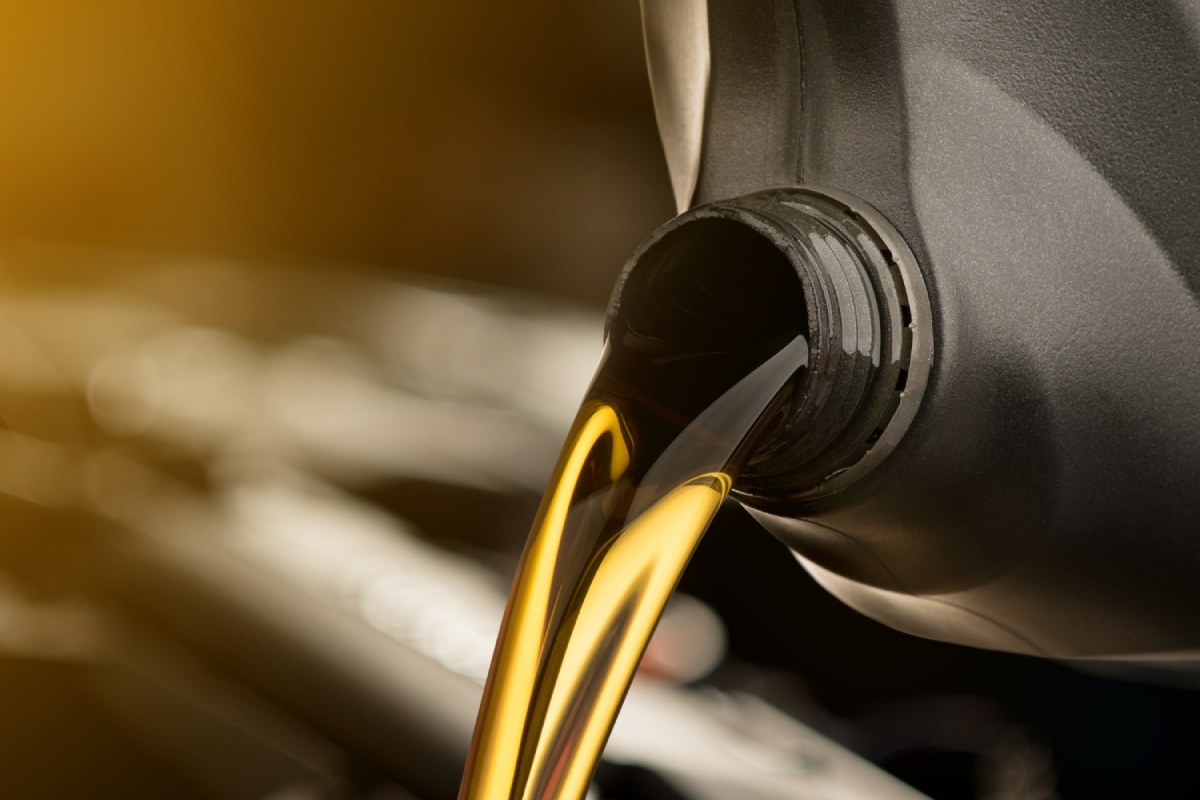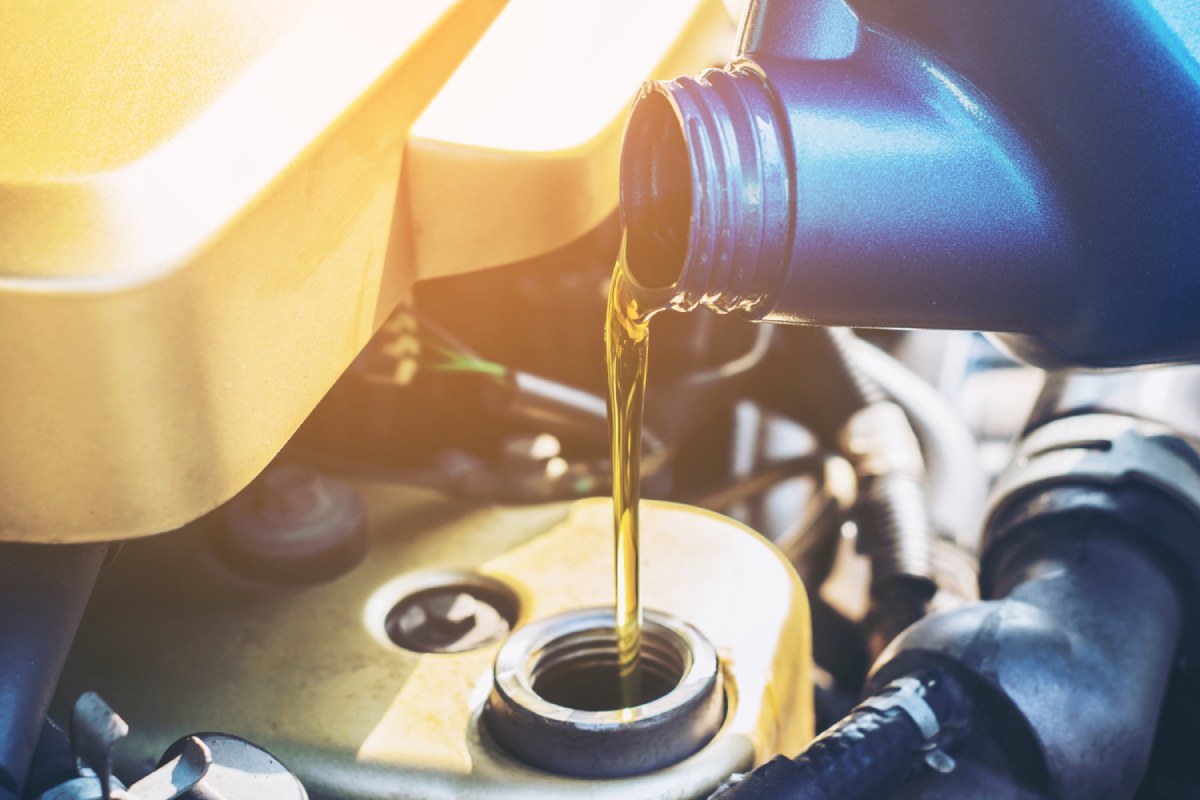Introduction to Technology in DEF Production
Technology plays a crucial role in ensuring high-quality DEF Production. From automated blending systems to advanced quality control measures, innovations in production processes help improve efficiency, consistency, and compliance with industry standards. As emission regulations become stricter, the demand for advanced DEF production technology is growing to ensure environmental compliance and operational efficiency.
Automation in Blending and Mixing
Modern DEF Production facilities use automated blending systems to ensure precise urea-to-water ratios. These systems eliminate human error and enhance uniformity in production, maintaining the required 32.5% urea concentration for optimal performance in SCR systems. Automated mixing systems also reduce production time and increase batch consistency, ensuring that every product meets the required quality standards.
Advanced Filtration Systems
Filtration technology ensures that DEF Production remains free from impurities that could damage diesel engines. Multi-stage filtration units remove particulates and contaminants, guaranteeing compliance with ISO 22241 standards. Without effective filtration, DEF can introduce unwanted particles into the vehicle’s SCR system, leading to potential malfunctions and increased maintenance costs.
Real-Time Quality Monitoring
With the integration of digital sensors and real-time monitoring, manufacturers can continuously track and adjust the quality of DEF Production. These technologies detect inconsistencies early, preventing production of subpar DEF. Smart monitoring systems help ensure that DEF meets required quality parameters before it reaches end users, reducing the risk of performance issues.
Efficient Storage and Distribution Solutions
Technology aids in maintaining ideal storage conditions for DEF Production. Temperature-controlled storage tanks and IoT-based monitoring systems help prevent crystallization and contamination, ensuring long-term stability. Advanced logistics systems ensure that DEF is transported under optimal conditions, preserving its integrity and effectiveness.
Enhanced Transportation Safety
Smart logistics systems and GPS tracking ensure safe and efficient distribution of DEF Production. Dedicated transport containers equipped with monitoring sensors help maintain DEF purity throughout the supply chain. Advanced tracking mechanisms allow manufacturers and distributors to monitor real-time conditions, reducing contamination risks during transport.
AI and Predictive Maintenance
Artificial intelligence is increasingly used in DEF Production facilities to predict maintenance needs and reduce downtime. AI-driven analytics help optimize production efficiency and prevent equipment failures. By analyzing production trends and machine performance, AI can recommend proactive maintenance, reducing the likelihood of unexpected production halts.
Robotics in DEF Manufacturing
Robotics plays a significant role in modern DEF Production, automating repetitive tasks such as packaging, labeling, and quality checks. Robotic systems help streamline the manufacturing process, reducing labor costs while increasing production accuracy and speed. The use of robotic systems minimizes human intervention, decreasing the risk of contamination and improving overall safety.
Big Data and Process Optimization
Big data analytics help optimize DEF Production by analyzing trends, equipment performance, and raw material quality. By leveraging data-driven insights, manufacturers can fine-tune their production strategies, minimize waste, and maximize efficiency. The ability to process large volumes of data allows companies to make informed decisions and continuously improve their operations.
Conclusion
Technology significantly enhances DEF Production by improving accuracy, efficiency, and quality control. Innovations in automation, filtration, real-time monitoring, AI-driven analytics, and robotics ensure a stable and high-quality product for the diesel industry. As environmental regulations become more stringent, continued technological advancements will play a crucial role in meeting industry demands while ensuring cost-effective production.
FAQ
- How does automation improve DEF Production?
- Automation ensures precise urea concentration, reduces human errors, and increases batch consistency.
- Why is filtration important in DEF Production?
- Filtration removes impurities that could damage SCR systems in diesel engines.
- What role does AI play in DEF Production?
- AI predicts maintenance needs, optimizes production efficiency, and reduces downtime.
- How does technology ensure DEF quality?
- Real-time monitoring and digital sensors detect inconsistencies before distribution.
- What are the benefits of smart storage solutions?
- Temperature-controlled tanks prevent crystallization and contamination.
- How does technology improve DEF transportation?
- GPS tracking and sensor-equipped containers maintain DEF purity in transit.
- What standards must DEF Production meet?
- DEF must comply with ISO 22241 standards for purity and efficiency.
- How does predictive maintenance benefit DEF facilities?
- It reduces downtime and prevents unexpected equipment failures.
- Can technology reduce DEF Production costs?
- Yes, automation and AI-driven processes enhance efficiency and reduce waste.
- What is the future of technology in DEF Production?
- Innovations like IoT monitoring, big data analytics, and advanced robotics will continue to optimize production.


